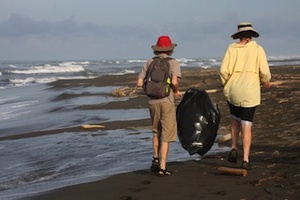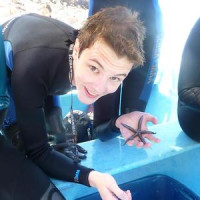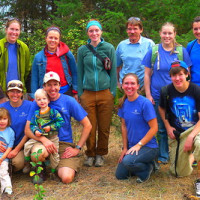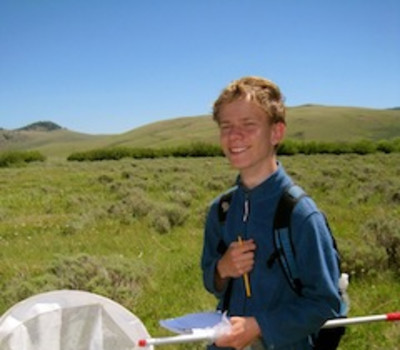EPI Scholarships
Help provide an underprivileged student with an opportunity to make a difference.
Costa Rica’s Pacuare Nature Reserve, with four miles of beach and a 3,000 acre rainforest, is a critical sea turtle nesting beach of worldwide importance for endangered leatherback and green sea turtles. Costa Rica’s tropical lowland forests are home to howler monkeys, three-toed sloths, toucans, iguanas, tree frogs, and more!
During a 9-day field program with Ecology Project International (EPI), high school students from across the world conduct research along the Pacuare beach, collecting data on nesting turtles such as carapace length, egg count and nest location. Using that information they develop a field-based research projects which they present to their peers. On-course, students complete at least 20 hours of research while patrolling the beach in partnership with the Endangered Wildlife Trust, and over 30 hours of coursework and instruction in subjects like sea turtle biology, rainforest ecology, and research methodology.
After completing their field work, U.S. students meet their Costa Rican peers when they visit a school attended by local program participants. Students spend time together giving joint presentations, sharing research data, engaging in the powerful exchange of ideas, and realizing their collaborative strength.
This program, like the five others run by EPI, including expeditions to the Galapagos Islands, Baja, Belize, and Yellowstone National Park, open students’ eyes to the world around them and the life they share it with.
Help give a deserving student the opportunity of a lifetime — together, we can provide him or her with a scholarship to participate in one of these amazing adventures, and give them a chance to make a difference.
Read stories of real lives changed
Our mission is to improve and inspire science education and conservation efforts worldwide through field-based student-scientist partnerships.
 EPI is a non-profit organization dedicated to developing place-based, ecological education partnerships between local experts and high school students to address critical conservation issues. We engage youth from local communities and the United States in conservation as they learn about and help protect threatened species and habitats.
EPI is a non-profit organization dedicated to developing place-based, ecological education partnerships between local experts and high school students to address critical conservation issues. We engage youth from local communities and the United States in conservation as they learn about and help protect threatened species and habitats.








